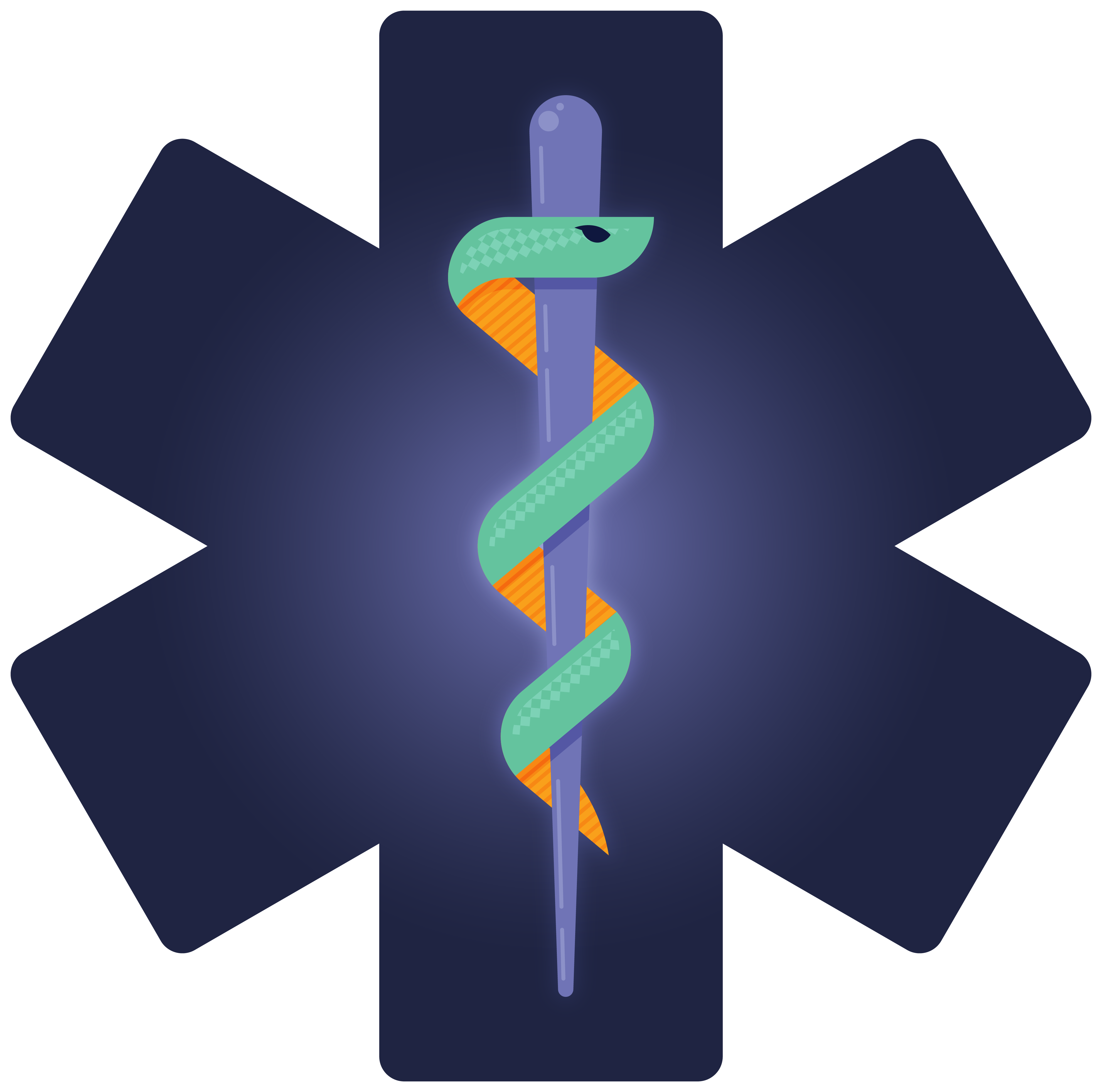Gastrointestinal System
Learning Objectives
- Understanding the approach to the pediatric patient
- Approach to stabilizing the pediatric trauma patient
- Approach to pediatric infectious disease and inflammatory pathologies
- Management of pediatric pulmonary and cardiac diseases
- Identification of pediatric renal and urologic disease
- Treatment of seizures in pediatric patients
- Stabilization of pediatric fractures
This course provides healthcare professionals with a comprehensive approach to evaluating and managing patients presenting with abdominal pain. Participants will learn to identify dangerous intra-abdominal pathologies, ensuring timely diagnosis and intervention. The course also includes hands-on training in point-of-care ultrasound for the evaluation of appendicitis and gallbladder disease. Additionally, learners will develop an evidence-based approach to assessing and managing patients with liver disease and its complications. Through case-based discussions and practical simulations, this course enhances clinical decision-making and diagnostic accuracy in abdominal emergencies.

Oriane Longerstaey, MD
Dr. Longerstaey is currently a fellow in the division of Global Emergency Medicine at Brown University in Providence, RI. After obtaining her medical doctorate from the Keck School of Medicine of the University of Southern California, she graduated from her residency in emergency medicine at Carolinas Medical Center in Charlotte, NC. Her research interests lie in global emergency medicine and capacity building of emergency systems. She has particular expertise in graduate medical education with ongoing residency education projects in Tanzania and Armenia. She has also worked in Rwanda to build a curriculum for mass casualty incidents response for physicians, nurses and paramedics.

Dr. Silva Boyajian
Dr. Silva Boyajian is a board-certified Emergency Medicine specialist with a robust academic background and clinical expertise. She earned her Doctor of Medicine (MD) degree from Creighton University School of Medicine in May 2016. Following her medical degree, Dr. Boyajian completed a rigorous residency in Emergency Medicine at Kern Medical Center, where she trained from July 2016 to June 2020. Her comprehensive training and dedication have equipped her to handle a wide range of emergency medical situations with precision and care.

Dr. Sarah Aly
Sarah Aly, DO, is a global emergency medicine fellow at Yale-New Haven Hospital.

Sharon Chekijian, MD, MPH
Dr. Chekijian joined the Yale School of Medicine faculty in 2007 where she works full-time as an Associate Professor in the Department of Emergency Medicine. She is faculty member in the Section of Global Health and International Emergency Medicine as well as in the Section of Administration. She has served as the inaugural Medical Director of patient experience since 2011. She is also the Medical Director of the Physician Assistant and Nurse Practitioner group in the Department of Emergency Medicine. Dr. Chekijian is a seasoned educator and is the founding Medical Director of the APP residency program which admitted its 1st cohort in 2015. She completed the Yale Medical Education Fellowship in 2014. Her research interests lie in global emergency medicine and include emergency care systems' development in low and middle-income countries, unintentional injury prevention in low and middle-income countries, as well as stroke and cardiac care in low and middle-income countries. Dr. Chekijian has led and participated in projects in the Republic of Armenia, Uganda, and Iraq. She has consulted for the World Bank and the US Department of State. She is an active member of the Stroke Initiative Advisory Task-Force for Armenia (SIATA). Dr. Chekijian was awarded a Fulbright in 2020 for her work to improve emergency care in Armenia by the establishment of a new emergency medicine residency program in cooperation with the National Institutes of Health of Armenia and supported from a research standpoint by the School of Public Health at the American University of Armenia. She is deeply committed to patient experience, communication and humanism in medicine. Dr. Chekijian co-produced a film that addresses human rights as it relates to the Armenian Genocide of 1915 under the working title “The Hidden Map” that premiered at the Toronto Pomegranate Film Festival in 2019.

